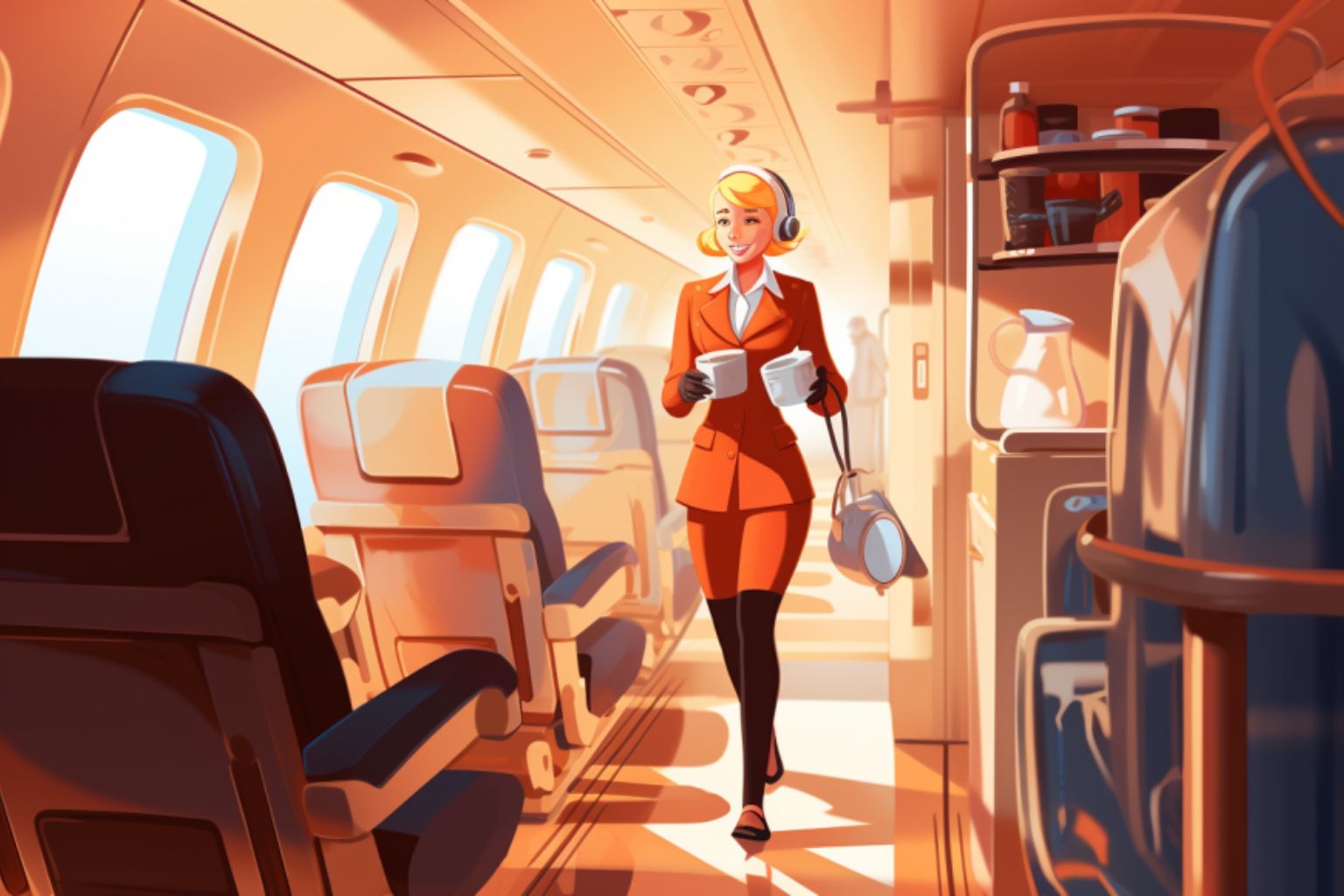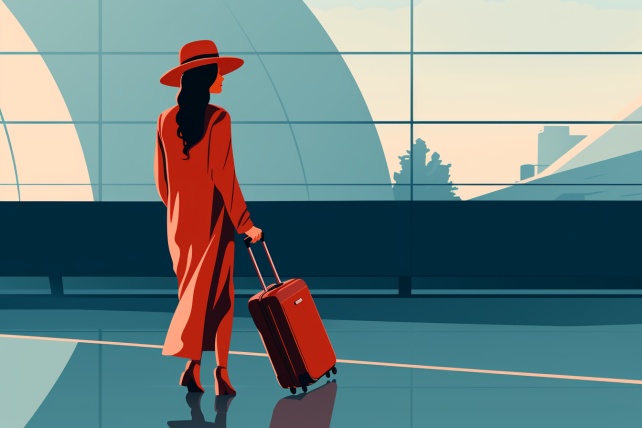If you mention a “custom” airfare to Joan Eisenstodt, she’ll admit that she’s worried. “I live in downtown D.C. It is not far from the new City Center complex with high-end shops,” says Eisenstodt, a hospitality consultant. “Will they quote me a higher fare than my niece in a smaller Southern town??”
I mention custom airfares only because the government has. The Transportation Department has tentatively approved a controversial proposal that it claims will help modernize the marketing and sale of airline tickets.
Thanks to a peace deal quietly brokered between airlines and travel agents this year, most of the travel industry greeted news of this approval with a yawn. A spokesman for the Travel Technology Association, which represents the major online travel agencies, called the decision a “step in the right direction.” But some travelers continue to view it as a dangerous development for passengers.
Resolution 787 proposal raises concerns
The proposal, referred to as Resolution 787, would update the decades-old systems that allow airlines to connect their computer records to travel agents, global distribution systems and, ultimately, you. The new format promises to make booking systems more flexible and affordable by creating a better data transmission standard.
But in practice, it would also allow airlines to create customized airfares based on what they know about you. And airlines want to know a lot about you. The aviation industry is slowly building the technology and collecting the data that would allow it to send you a fare based on your profile, a thought that troubles more people than just Eisenstodt.
Some travel agents are bothered by the proposal. They fought the airline industry last year when it introduced Resolution 787, claiming that it would create an unfair marketplace for consumers and travel resellers. Some of their concerns remain.
“While this may look like a pro-consumer move by the Department of Transportation, I still have doubts about the way the pricing would be administered,” says Bob Winter, who owns a travel agency in Pewaukee, Wis. The potential shenanigans wouldn’t end at the point of sale, he fears. He’s afraid that if you don’t spend enough on your ticket, the airline could use these systems to adjust your baggage fees and reservation charges to make up the difference. One way or another, he believes, the airline is going to get your money.
Debate continues over airline pricing
Despite the fact that the DOT has added a number of consumer safeguards to ensure that passengers shopping for air travel would not be required to disclose personal information, and specifying that airlines and ticket agents would be obliged to follow their published privacy policies on the sharing and storing of personal information, he still believes this. The airline industry agreed to these concessions after a sustained attack by privacy advocates and a coalition of travel agency groups.
Still, a few dissenting voices remain. One belongs to Edward Hasbrouck, a privacy advocate who specializes in travel issues. He says that the agreement that paved the way for the DOT’s approval doesn’t adequately address passengers’ concerns.
“For example, DOT proposes to require airlines to offer tickets to anonymous customers,” he says. “But airlines could set that offer, and the price of anonymity, as high as they like.” (Related: Why won’t Allegiant refund my deceased son’s airfare?)
What if, for instance, an airline somehow learns — whether or not you tell it — that you’re desperate to get to your dying mother’s bedside? The airline can make its ticket offer as high as it likes under this proposal. (Related: Why airfares are actually rising.)
Another critic, Boston lawyer Ben Edelman, questions whether the DOT’s proposed approach follows federal law. He points out that current statutes require air carriers and ticket agents to sell air travel only at a specified, published price, called a ticket tariff. Yet the DOT’s regulations purport to let airlines charge any price they want.
Concerns over custom airfares despite regulatory concessions
Edelman says that published tariffs are good for travelers. “Thanks to the published fare database, it’s feasible for me to check numerous flight options and plan accordingly,” he says. Tariffs also protect passengers in case of changes. Without them, there would be no limit on what an airline could charge a passenger to make a change. (Here’s how to get a refund on a non-refundable airline ticket.)
These critics aren’t necessarily outliers. Although large online agencies and airlines have settled their differences over custom airfares, it’s not difficult to find consumers who think that they’re a terrible idea, even with the current provisions in place. (Related: Who benefits the most from your airline affinity card? (That’s not a trick question).
Sure, the Transportation Department has said that customers must still be able to shop for airfares anonymously.
The agreement between airlines and agents also specifies that an airline can request certain information voluntarily, but you cannot be compelled to provide it in exchange for a quote on an airfare or an ancillary product.
But it isn’t what’s in the government’s approval that worries travelers — it’s what’s not in it.
“I find it strange that they would customize airfares,” says Paul Cram, an actor based in Minneapolis. Like a lot of travelers, he sees the potential for abuse by the airline industry. “What’s to stop an airline from using data in a way that ultimately is racist, sexist or something similar in their custom costs? Would you get better rates if you are gay or straight? Does living in a low-income Zip code mean that you’ll pay less or more for their custom airfares?”
We may not answer these questions for years, perhaps even decades. But the government has taken an important first step toward a world where these tailor-made fares are possible — for better or worse.




